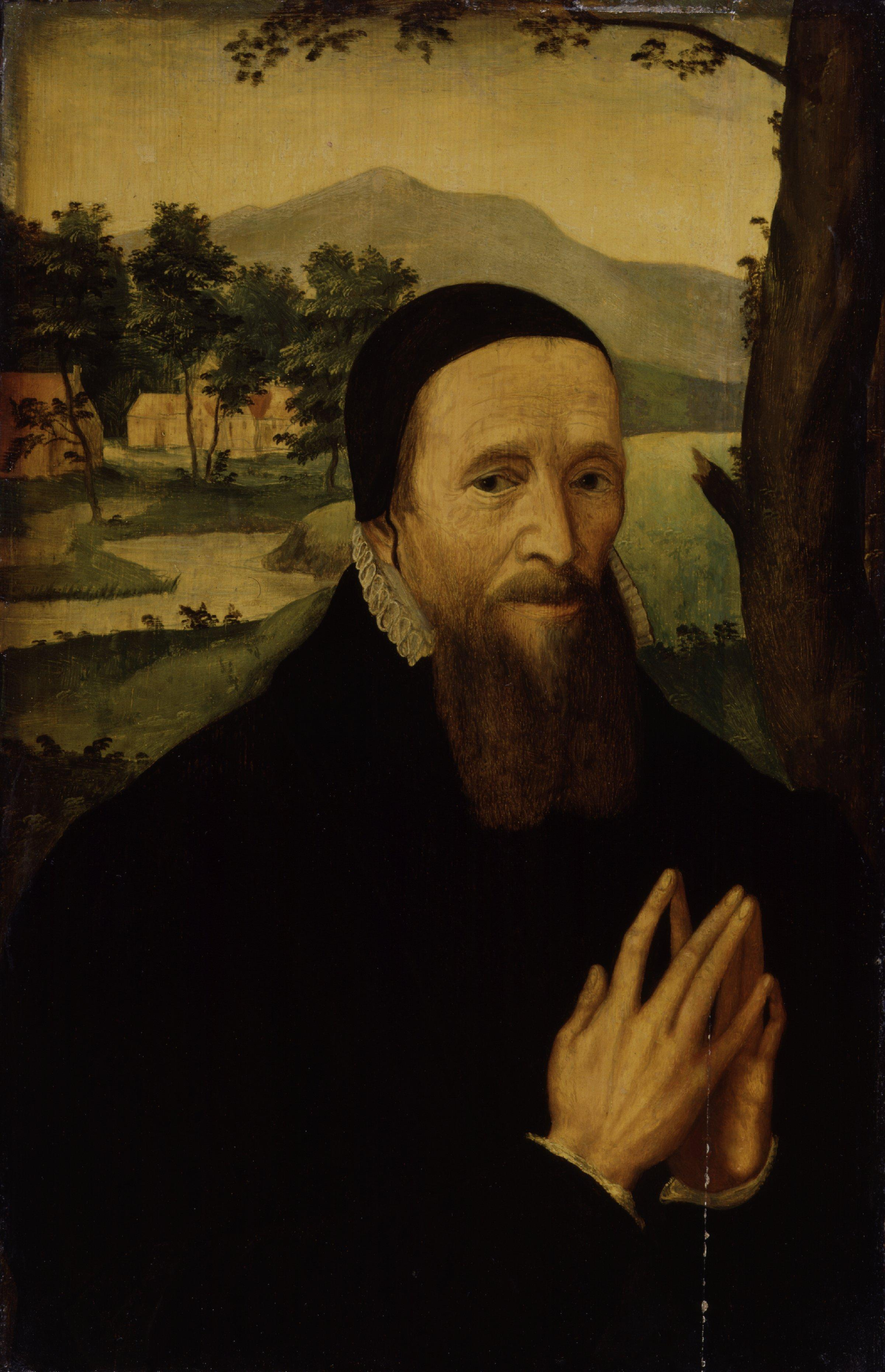|
Drayton Beauchamp
Drayton Beauchamp (pronounced 'Beecham') is a village and civil parish within Aylesbury Vale district in Buckinghamshire, England. It is in the east of the county bordering Hertfordshire, about six miles from Aylesbury and two miles from Tring. History The village toponym is derived from the Old English for "farm where sledges are used". It is a common place name in England, and refers to places that were perched on the hillside, thus requiring the use of a sledge rather than a cart to pull heavy loads. The suffix 'Beauchamp' refers to the ancient manorial family of the parish. The village is intersected by the Icknield Way a prehistoric, long-distance trackway of significant importance in providing a trading route between East Anglia and the Thames Valley certainly during the Iron Age and maybe earlier. In more recent times it has been bisected by the Roman Road, Akeman Street now the A41 and by both the Aylesbury Arm and Wendover Arm of the Grand Union Canal. Following the Nor ... [...More Info...] [...Related Items...] OR: [Wikipedia] [Google] [Baidu] |
Buckinghamshire Council
Buckinghamshire Council is a Unitary authorities of England, unitary Local Government in England, local authority in England, the area of which constitutes most of the ceremonial county of Buckinghamshire. It was created in April 2020 from the areas that were previously administered by Buckinghamshire County Council including the districts of South Bucks, Chiltern District, Chiltern, Wycombe District, Wycombe and Aylesbury Vale; since 1997 the City of Milton Keynes has been a separate unitary authority. History The plan for a single unitary authority was proposed by Martin Tett, leader of the county council, and was backed by Secretary of State for Housing, Communities and Local Government, Communities Secretary James Brokenshire. District councils had also proposed a different plan in which Aylesbury Vale becomes a unitary authority and the other three districts becomes another unitary authority. The district councils opposed the (single) unitary Buckinghamshire plan. Statutory ... [...More Info...] [...Related Items...] OR: [Wikipedia] [Google] [Baidu] |
Wendover
Wendover is a market town and civil parish at the foot of the Chiltern Hills in Buckinghamshire, England. It is situated at the point where the main road across the Chilterns between London and Aylesbury intersects with the once important road along the foot of the Chilterns. The town is some north west of London and south east of Aylesbury, and is very popular with commuters working in London. The parish has an area of and had, at the time of the United Kingdom census, 2011, 2011 census, a population of 7,399. Outside the town of Wendover, the parish is mainly arable and also contains many hamlet (UK place), hamlets that nestle amongst the woodlands on the surrounding hills. Although Wendover has a weekly market, and has had a market charter since medieval times, many of its inhabitants identify it as a village, and the parish council does not describe itself as a town council. Etymology The name is of Common Brittonic, Brythonic Celtic origin. The first element, ''wen'' ... [...More Info...] [...Related Items...] OR: [Wikipedia] [Google] [Baidu] |
Of The Laws Of Ecclesiastical Polity
Richard Hooker (25 March 1554 – 2 November 1600) was an English priest in the Church of England and an influential theologian.The Oxford Dictionary of the Christian Church by F. L. Cross (Editor), E. A. Livingstone (Editor) Oxford University Press, USA; 3 edition p.789 (13 March 1997) He was one of the most important English theologians of the sixteenth century.Breward, Ian. "Hooker, Richard" in J.D. Douglas. ''The New International Dictionary of the Christian Church'' Exeter: The Paternoster Press (1974) His defence of the role of redeemed reason informed the theology of the seventeenth-century Caroline Divines and later provided many members of the Church of England with a theological method which combined the claims of revelation, reason and tradition. Scholars disagree regarding Hooker's relationship with what would later be called " Anglicanism" and the Reformed theological tradition. Traditionally, he has been regarded as the originator of the Anglican ''via media'' b ... [...More Info...] [...Related Items...] OR: [Wikipedia] [Google] [Baidu] |
Richard Hooker
Richard Hooker (25 March 1554 – 2 November 1600) was an English priest in the Church of England and an influential theologian.The Oxford Dictionary of the Christian Church by F. L. Cross (Editor), E. A. Livingstone (Editor) Oxford University Press, USA; 3 edition p.789 (13 March 1997) He was one of the most important English theologians of the sixteenth century.Breward, Ian. "Hooker, Richard" in J.D. Douglas. ''The New International Dictionary of the Christian Church'' Exeter: The Paternoster Press (1974) His defence of the role of redeemed reason informed the theology of the seventeenth-century Caroline Divines and later provided many members of the Church of England with a theological method which combined the claims of revelation, reason and tradition. Scholars disagree regarding Hooker's relationship with what would later be called "Anglicanism" and the Reformed theological tradition. Traditionally, he has been regarded as the originator of the Anglican ''via media'' be ... [...More Info...] [...Related Items...] OR: [Wikipedia] [Google] [Baidu] |

.jpg)
